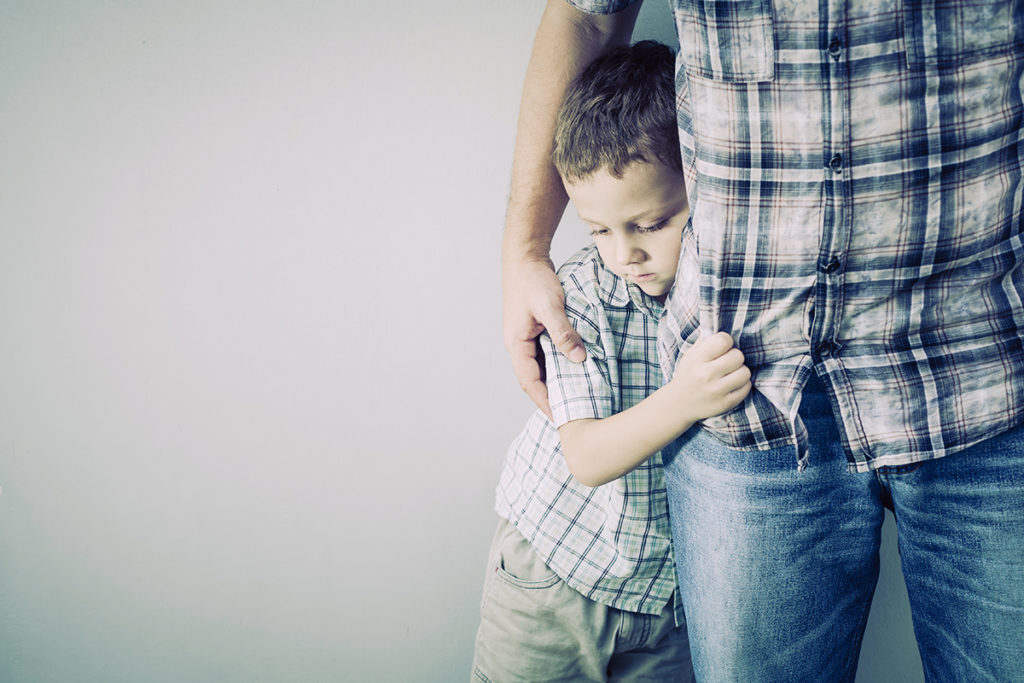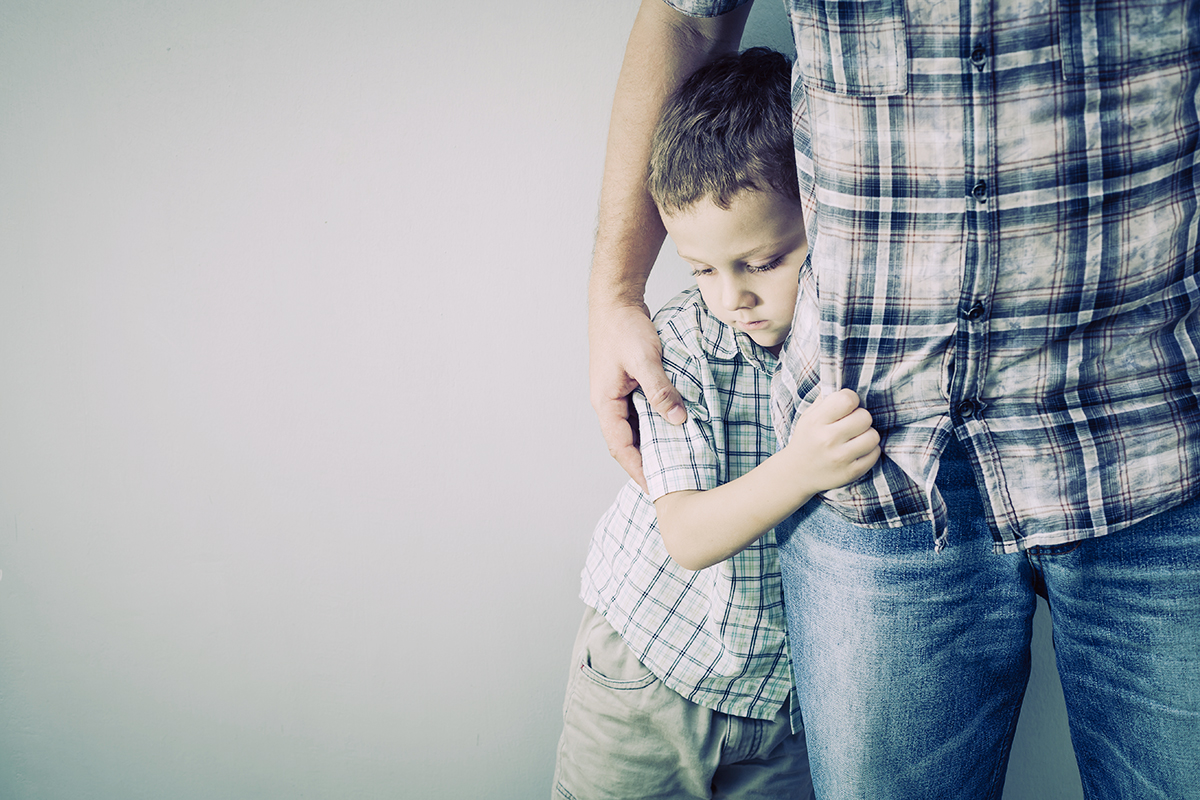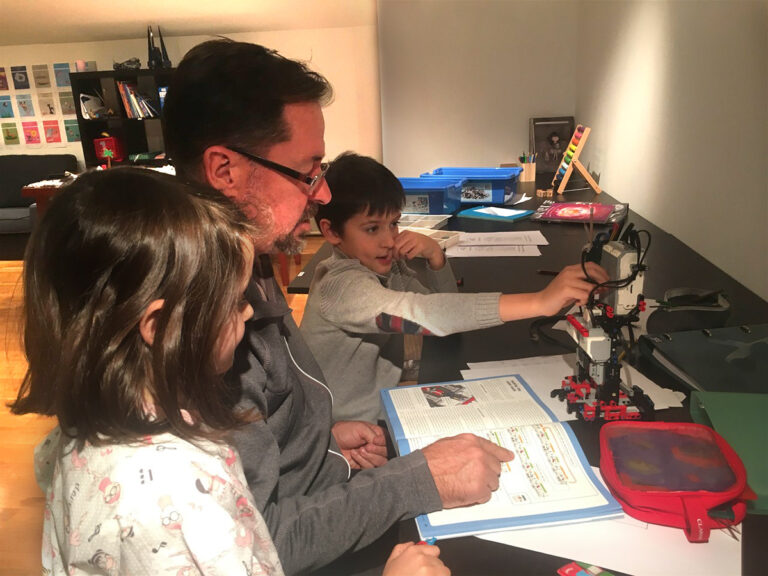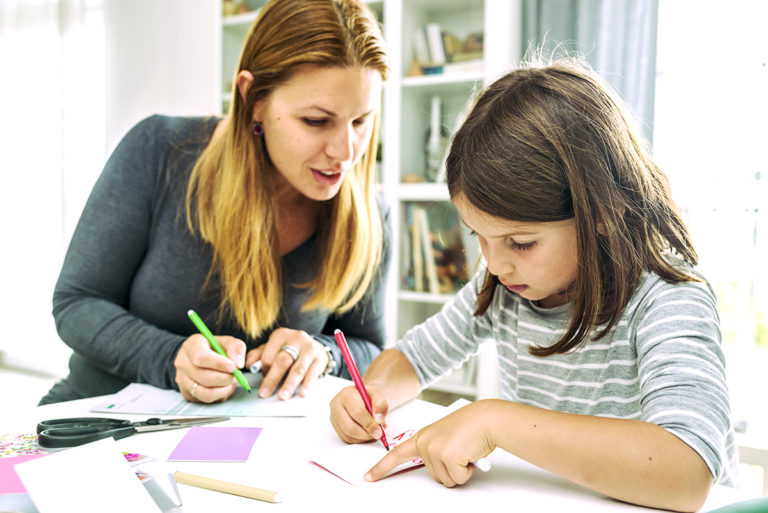Anxiety in Our Children: An NACD Series
by Sara Erling
 Growing up in small town Idaho, anxiety was rarely expressed as an issue with children and adolescents. Anxiety was something that adults had. Even in college 20-24 years ago, stress was an issue when papers were due, or it was finals week. The talk of anxiety and panic attacks was never common, and medication was not needed to help my fellow college companions cope. Having said that, it is hard to know if childhood friends or college roommates had these issues all along but didn’t know what it was? How many of them turned to substance abuse to cope? How many of them are now dealing with debilitative mental health issues that could have been resolved when they were younger?
Growing up in small town Idaho, anxiety was rarely expressed as an issue with children and adolescents. Anxiety was something that adults had. Even in college 20-24 years ago, stress was an issue when papers were due, or it was finals week. The talk of anxiety and panic attacks was never common, and medication was not needed to help my fellow college companions cope. Having said that, it is hard to know if childhood friends or college roommates had these issues all along but didn’t know what it was? How many of them turned to substance abuse to cope? How many of them are now dealing with debilitative mental health issues that could have been resolved when they were younger?
While anxiety may not have been a significant issue then, it is now. With suicide rates climbing at lightning speed in our youth, we cannot ignore the growth of children and adolescents being diagnosed with anxiety and other mental health disorders. NACD is all about helping children reach their full potential so that they can be happy, contributing, productive adults to our society. As such, we must evaluate the various factors that could be impacting our children’s stress levels both at home and at school. Research in the area of anxiety in children and adolescents has grown and includes possible contributors to this epidemic.
Over the next several articles, I will discuss the following as anxiety contributors and offer suggestions from a neurodevelopmental perspective:
- overall physiological health of children today from sleep deprivation to diet and exercise
- avoidance behaviors in children that lead to increased anxiety later
- children who never learn how to do basic living skills and the significance of developing working memory
- smartphones and too much screen time
- children not being present or “mindful”
- lack of social connection and community
- high stakes testing, school pressure, and narrow competition.
With this series of articles, my hope is to educate parents and hopefully provide you with some general guidelines to think about as you raise your little humans in this generation.






